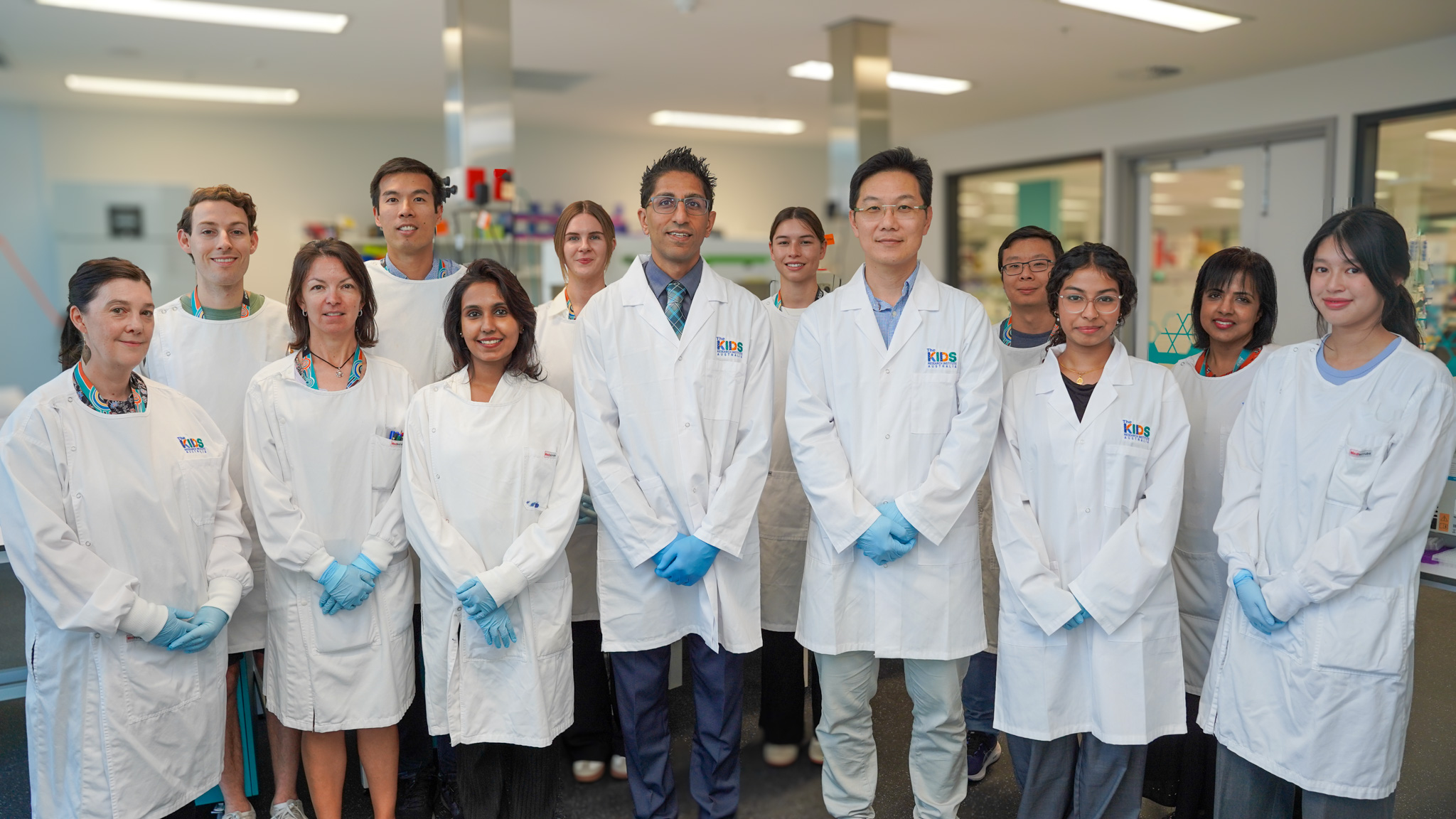Search
Research
Silencing of TESTIN by dense biallelic promoter methylationAberrant promoter DNA methylation has been reported in childhood acute lymphoblastic leukaemia and has the potential to contribute to its onset and outcome
Research
Gene-based outcome prediction in multiple cohorts of pediatric T-cell acute lymphoblastic leukemia: a Children's Oncology Group studyContinuous complete clinical remission in T-cell acute lymphoblastic leukemia (T-ALL) is now approaching 80% due to the implementation of aggressive...
Research
Validation of a mouse xenograft model system for gene expression analysis of human acute lymphoblastic leukaemiaPre-clinical models that effectively recapitulate human disease are critical for expanding our knowledge of cancer biology and drug resistance mechanisms.
Research
Effective adenovirus-mediated gene transfer into neural stem cells derived from human embryonic stem cellsHuman embryonic stem cell-derived neural stem cells (hESC-NSCs) are an attractive cell type for studying
Research
MEIS proteins as partners of the TLX1/HOX11 oncoproteinAberrant expression of the TLX1/HOX11 proto-oncogene is associated with a significant subset of T-cell acute lymphoblastic leukemias...
Research
Glucocorticoid resistance in T-lineage acute lymphoblastic leukaemia is associated with a proliferative metabolismWe examined the baseline profile of a panel of T-ALL cell lines to determine factors that contribute to GC resistance without prior drug selection.

The main aim of our Leukaemia Translational Research Team is to test innovative therapeutic approaches, with a focus on clinical translation of this knowledge, to improve the outcomes of children suffering from leukaemia.
Research
Reproducible Bioinformatics Analysis Workflows for Detecting IGH Gene Fusions in B-Cell Acute Lymphoblastic Leukaemia PatientsB-cell acute lymphoblastic leukaemia (B-ALL) is characterised by diverse genomic alterations, the most frequent being gene fusions detected via transcriptomic analysis (mRNA-seq). Due to its hypervariable nature, gene fusions involving the Immunoglobulin Heavy Chain (IGH) locus can be difficult to detect with standard gene fusion calling algorithms and significant computational resources and analysis times are required. We aimed to optimize a gene fusion calling workflow to achieve best-case sensitivity for IGH gene fusion detection.
Research
Preclinical Assessment of Dactinomycin in KMT2A-Rearranged Infant Acute Lymphoblastic LeukemiaInfants with KMT2A-rearranged B-cell acute lymphoblastic leukemia (ALL) have high rates of relapse and poor survival compared with children. Few new therapies have been identified over the past twenty years. The aim of this study was to identify existing anti-cancer agents that have the potential to be repurposed for the treatment of infant ALL.
Research
FDA-approved disulfiram as a novel treatment for aggressive leukemiaAcute leukemia continues to be a major cause of death from disease worldwide and current chemotherapeutic agents are associated with significant morbidity in survivors. While better and safer treatments for acute leukemia are urgently needed, standard drug development pipelines are lengthy and drug repurposing therefore provides a promising approach.
